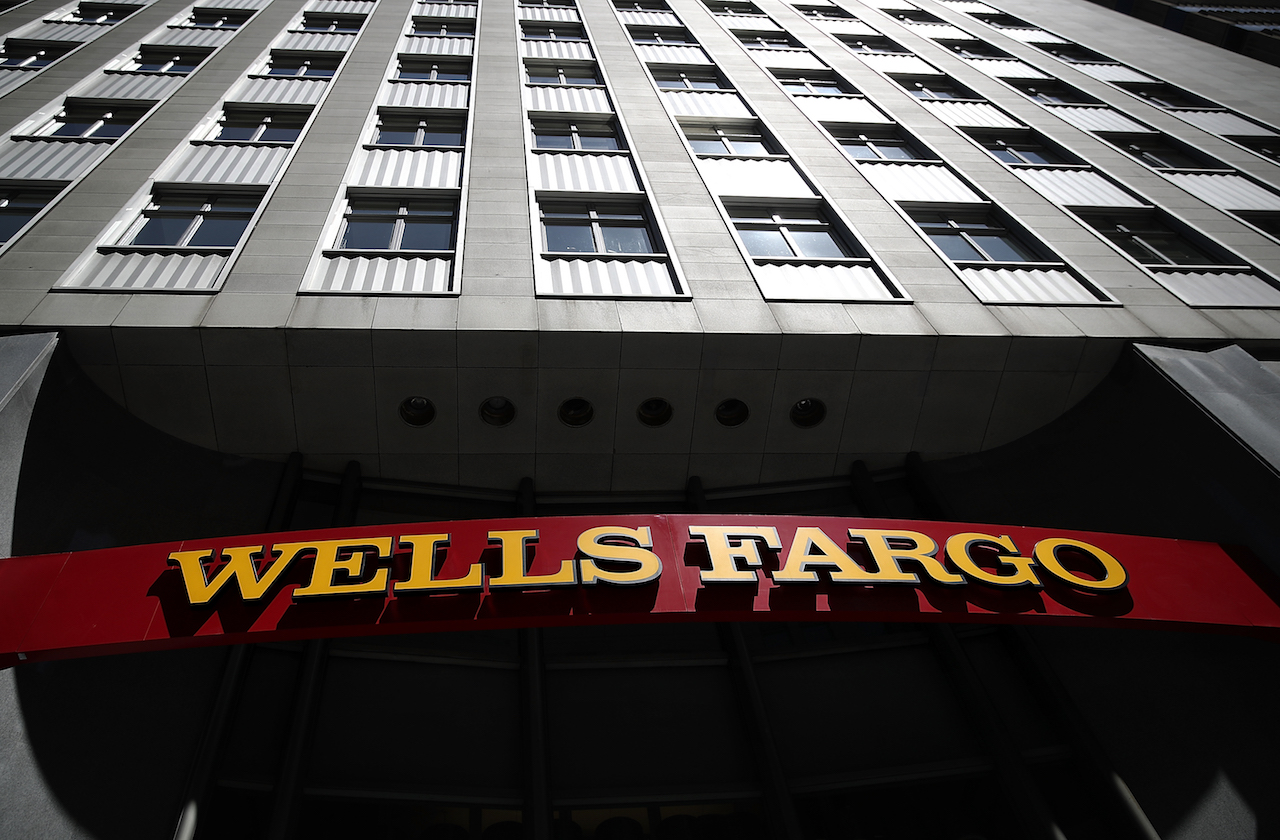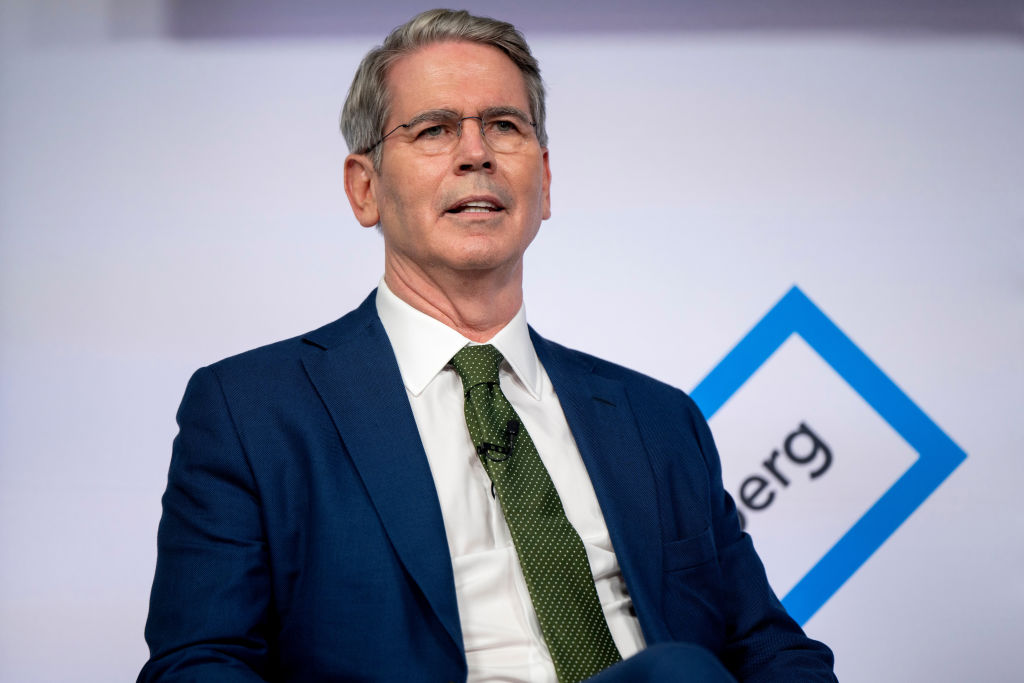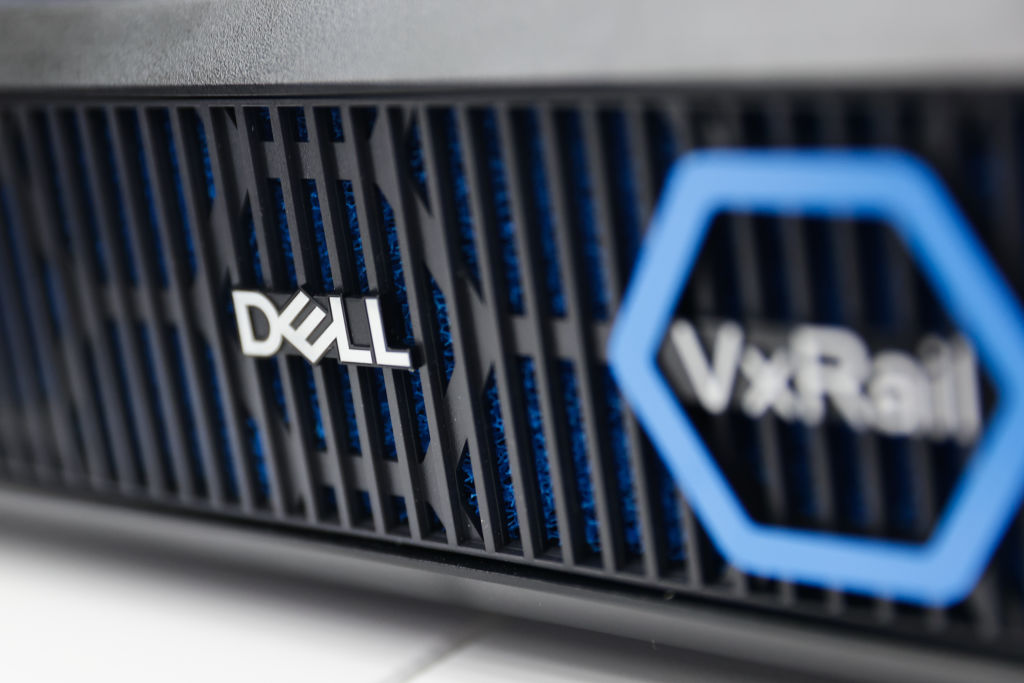Ban Hedge Funds?
I think these barely regulated pools of money deserve far more blame for the financial meltdown than they've received -- and should be regulated out of existence.

Profit and prosper with the best of Kiplinger's advice on investing, taxes, retirement, personal finance and much more. Delivered daily. Enter your email in the box and click Sign Me Up.
You are now subscribed
Your newsletter sign-up was successful
Want to add more newsletters?

Delivered daily
Kiplinger Today
Profit and prosper with the best of Kiplinger's advice on investing, taxes, retirement, personal finance and much more delivered daily. Smart money moves start here.

Sent five days a week
Kiplinger A Step Ahead
Get practical help to make better financial decisions in your everyday life, from spending to savings on top deals.

Delivered daily
Kiplinger Closing Bell
Get today's biggest financial and investing headlines delivered to your inbox every day the U.S. stock market is open.

Sent twice a week
Kiplinger Adviser Intel
Financial pros across the country share best practices and fresh tactics to preserve and grow your wealth.

Delivered weekly
Kiplinger Tax Tips
Trim your federal and state tax bills with practical tax-planning and tax-cutting strategies.

Sent twice a week
Kiplinger Retirement Tips
Your twice-a-week guide to planning and enjoying a financially secure and richly rewarding retirement

Sent bimonthly.
Kiplinger Adviser Angle
Insights for advisers, wealth managers and other financial professionals.

Sent twice a week
Kiplinger Investing Weekly
Your twice-a-week roundup of promising stocks, funds, companies and industries you should consider, ones you should avoid, and why.

Sent weekly for six weeks
Kiplinger Invest for Retirement
Your step-by-step six-part series on how to invest for retirement, from devising a successful strategy to exactly which investments to choose.
What are they smoking on Wall Street? First the bankers grouse that they need to pay multimillion-dollar bonuses to their employees with taxpayers' money. Now hedge-fund managers express outrage because President Obama slammed them as "speculators" who are "refusing to sacrifice like everyone else" by holding out for more money on their Chrysler bonds as the automaker goes through bankruptcy reorganization.
I don't want to get into a political discussion of how well or how poorly the Obama administration is handling the financial crisis. Plainly, Obama, Bush before him, and Congress under both Democratic and Republican control could have done things better. There's plenty of blame to go around.
But hedge funds, in my opinion, haven't received nearly as much blame as they deserve, both for helping to trigger the financial crisis and, subsequently, for making it much worse than it might otherwise have been.
From just $107.88 $24.99 for Kiplinger Personal Finance
Become a smarter, better informed investor. Subscribe from just $107.88 $24.99, plus get up to 4 Special Issues

Sign up for Kiplinger’s Free Newsletters
Profit and prosper with the best of expert advice on investing, taxes, retirement, personal finance and more - straight to your e-mail.
Profit and prosper with the best of expert advice - straight to your e-mail.
As we all know now, derivatives were a root cause of the mortgage crisis that led to the housing and financial-system collapse. Wall Street's financial whizzes assembled these esoteric securities from slices of subprime mortgages, and investment bankers then sold them all over the world, often to clueless buyers. Much of the demand for what Warren Buffett years ago termed "financial weapons of mass destruction" came from hedge funds.
Many hedge funds have shut down of late. No complaints about that. But far too many -- with far too much leverage (borrowed money) -- are still making trouble. Hedge funds, as barely regulated pools of money, are, quite simply, dangerous.
A hedge fund amounts to a get-rich-quick scheme for a money manager. The funds typically charge annual fees of 2%, plus 20% of all fund gains. So if, in a good year, the fund grosses 20%, the manager collects a total of 6% of assets -- 2 percentage points for the management fee and 4 points for the performance adjustment. Have a couple of successful years running a big hedge fund and you're super rich -- as in rich-enough-to-buy-your-own-island rich.
To make those huge profits, many hedge funds use leverage, sometimes to the tune of 20 to 1 or even 30 to 1, just like the investment banks that crashed and burned in the past year. That is, for every dollar in assets some hedge funds had, they invested $20 or $30 in borrowed money. Leverage ratios have fallen since the crisis, but they are still too high.
What do hedge funds do with the money? They invest in all corners of the financial markets. The only common strain among most hedge funds is that they're quick on the trigger. When you're heavily leveraged, a margin call is always just a couple of points of losses away. In some corners of the hedge-fund world, "long term" is a day or two.
That means hedge funds remain a huge cause of volatility in the financial markets -- even when you're talking about normally sedate Treasuries, corporate bonds, convertible securities and blue-chip stocks. When the market began to drop in earnest last fall, hedge funds often sold blue chips -- because the managers could sell them without disrupting their prices as much as they would affect the prices of less-liquid investments had they sold them.
Lehman Brothers collapse
It gets worse. Hedge funds have been large buyers and sellers of credit-default swaps. A credit-default swap is best described as a way of buying insurance against your neighbor's house catching on fire.
Think that Bear Stearns or, for that matter, the U.S. Treasury, will default on its bonds? Buy a credit-default swap from your friendly investment banker or insurance company (read American International Group), and it will pay off should the worst happen to your bond. Don't own Bear Stearns or U.S. bonds? No reason you can't buy credit-default swaps and bet that the bond you don't own will collapse.
Credit-default swaps, of course, are hardly the only way to wager that a company won't prosper. You can also sell a stock short. That's a bet on the stock dropping.
Short selling helps keep markets honest, but Bloomberg News uncovered evidence that "naked" shorting, which is illegal, enabled speculators to build enormous bets against Lehman Brothers that probably contributed to the investment bank's collapse last September (naked shorting involves selling a stock without first having borrowed the shares). It was Lehman's bankruptcy that brought on the worst financial crisis since the Great Depression. Hedge funds are enormous participants in short sales.
Falling stock prices and rising prices for credit-default swaps can spur even the sleepiest credit-rating firm to lower an investment bank's bond rating. Lower credit ratings, in turn, can further drive down the price of a firm's stock -- and drive up the price of its credit-default swaps. That vicious cycle is part of what ultimately drove Lehman and other financial firms out of business.
Whom do hedge funds benefit other than their owners? Very few. Those who are well-connected enough to invest in the few good ones can, indeed, profit from hedge funds -- and diversify their investments. But most of the hedge funds available to common folk aren't worth nearly what they charge.
I don't see why anyone who wants to manage a lot of money for a lot of people can't simply open a mutual fund. No, they wouldn't be able to take 20% of the profits. And no, they wouldn't be able to leverage up their portfolios. Yes, they would have to submit to -- gasp -- regulation.
But the 1% or so in annual fees that mutual funds charge have enriched a lot of money managers and fund executives. And people in the mutual fund business have done pretty well for themselves without helping to bring the global economy to its knees.
Steven T. Goldberg (bio) is an investment adviser.
Profit and prosper with the best of Kiplinger's advice on investing, taxes, retirement, personal finance and much more. Delivered daily. Enter your email in the box and click Sign Me Up.

-
 5 Vince Lombardi Quotes Retirees Should Live By
5 Vince Lombardi Quotes Retirees Should Live ByThe iconic football coach's philosophy can help retirees win at the game of life.
-
 The $200,000 Olympic 'Pension' is a Retirement Game-Changer for Team USA
The $200,000 Olympic 'Pension' is a Retirement Game-Changer for Team USAThe donation by financier Ross Stevens is meant to be a "retirement program" for Team USA Olympic and Paralympic athletes.
-
 10 Cheapest Places to Live in Colorado
10 Cheapest Places to Live in ColoradoProperty Tax Looking for a cozy cabin near the slopes? These Colorado counties combine reasonable house prices with the state's lowest property tax bills.
-
 Why Wells Fargo's Revenue Miss Isn't Worrying Wall Street
Why Wells Fargo's Revenue Miss Isn't Worrying Wall StreetWells Fargo is one of the best S&P 500 stocks Wednesday even after the big bank's top-line miss. Here's what you need to know.
-
 Constellation Energy Stock Soars on Its $26 Billion Buy. Here's Why Wall Street Likes the Deal
Constellation Energy Stock Soars on Its $26 Billion Buy. Here's Why Wall Street Likes the DealConstellation Energy is one of the best S&P 500 stocks Friday after the utility said it will buy Calpine in a cash-and-stock deal valued at $26 billion.
-
 What Scott Bessent's Treasury Secretary Nomination Means for Investors
What Scott Bessent's Treasury Secretary Nomination Means for InvestorsMarkets are reacting positively to Trump's nomination of Scott Bessent for Treasury secretary. Here's why.
-
 TJX Stock: Wall Street Stays Bullish After Earnings
TJX Stock: Wall Street Stays Bullish After EarningsTJX stock is trading lower Wednesday despite the TJ Maxx owner's beat-and-raise quarter, but analysts aren't worried. Here's why.
-
 Cisco Stock: Why Wall Street Is Bullish After Earnings
Cisco Stock: Why Wall Street Is Bullish After EarningsCisco stock is lower Thursday despite the tech giant's beat-and-raise quarter, but analysts aren't concerned. Here's what you need to know.
-
 Apple Stock Slips After Earnings. Wall Street Isn't Worried
Apple Stock Slips After Earnings. Wall Street Isn't WorriedApple stock is trading lower Friday despite the iPhone maker beating expectations for its fiscal fourth quarter, but analysts are still bullish.
-
 Tesla's Robotaxi Event: What Wall Street Expects
Tesla's Robotaxi Event: What Wall Street ExpectsTesla’s robotaxi event kicks off next week. Here’s what Wall Street expects to see and how analysts feel about the stock heading into the event.
-
 Dell Stock: Wall Street Sees More Upside After Earnings
Dell Stock: Wall Street Sees More Upside After EarningsDell stock is higher Friday after the PC maker beat Q2 expectations, but analysts think there's more room to run. Here's what you need to know.